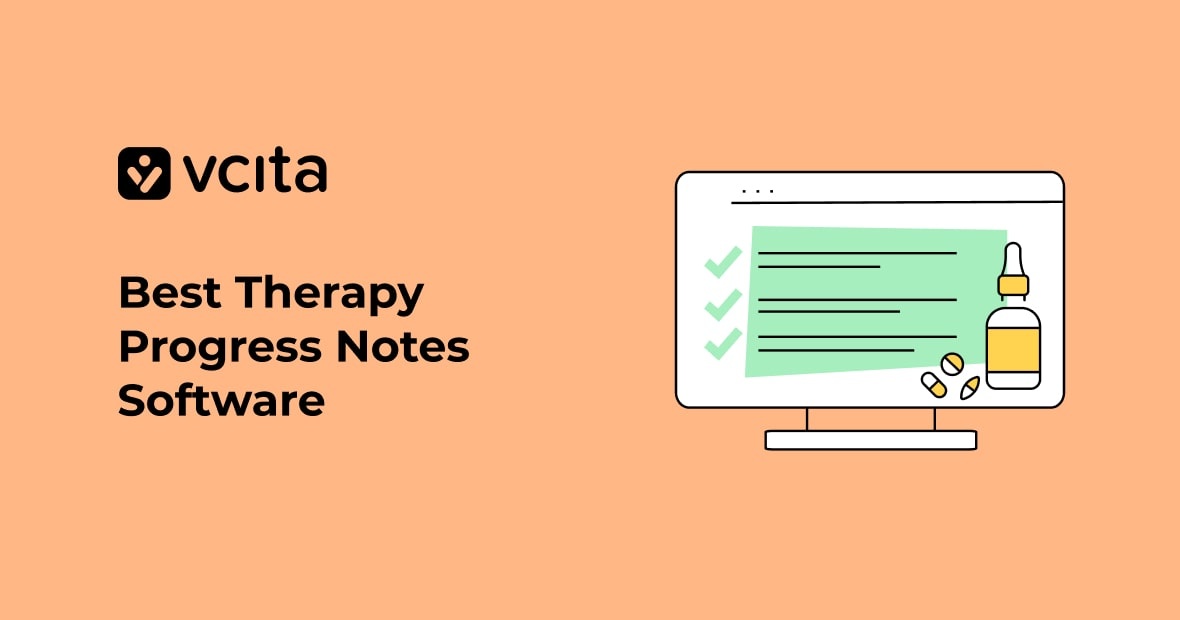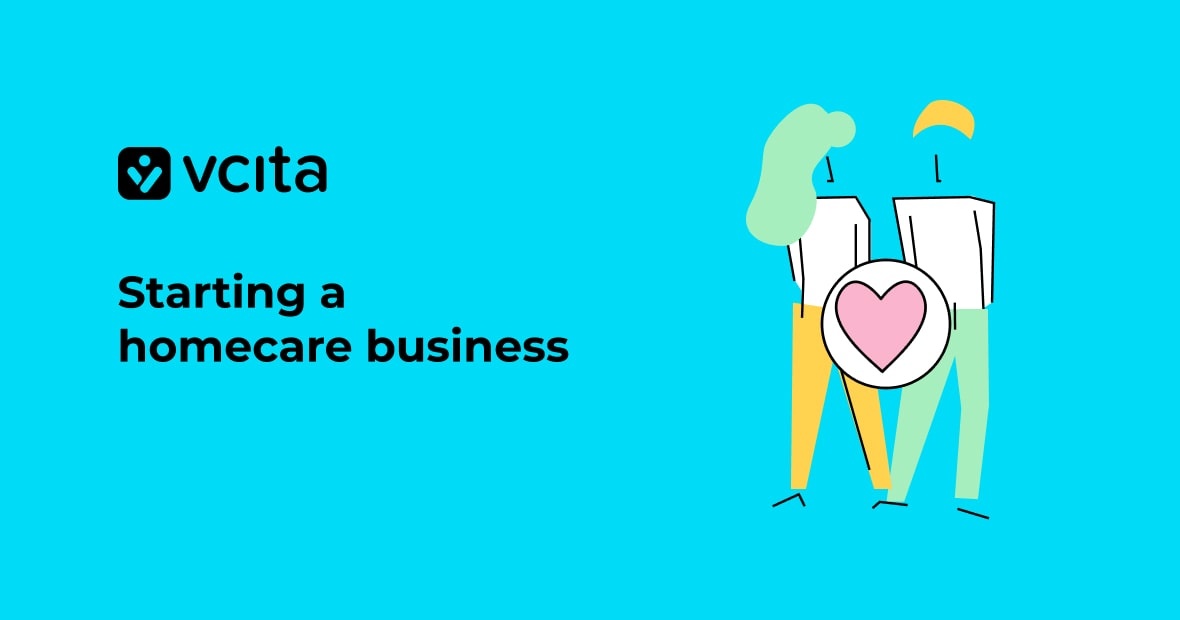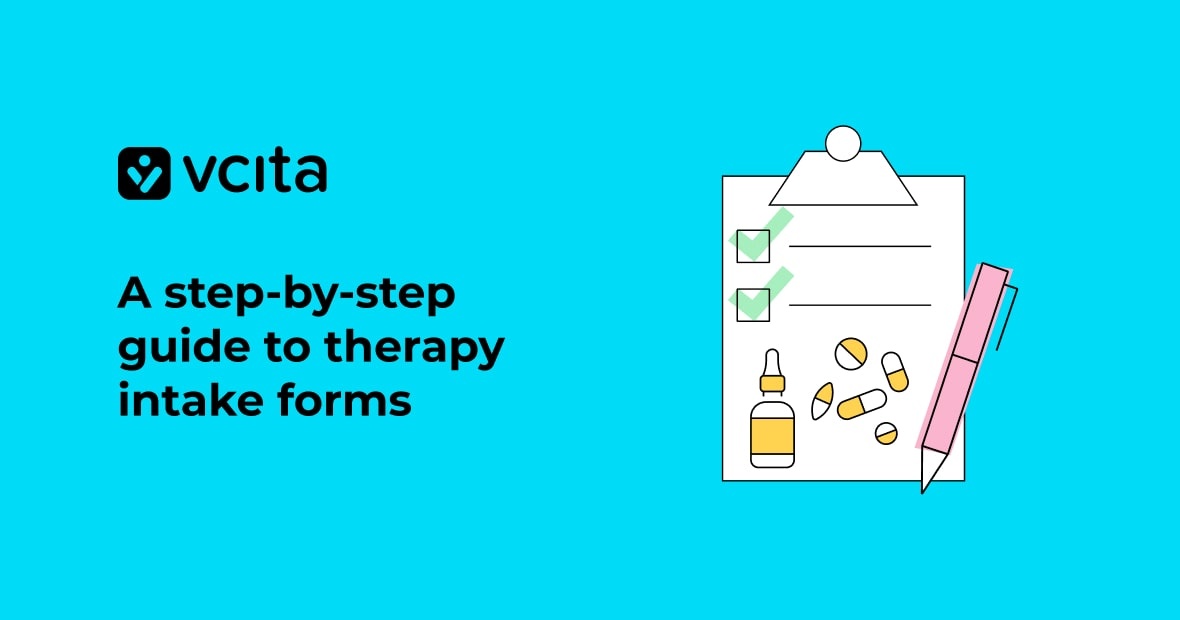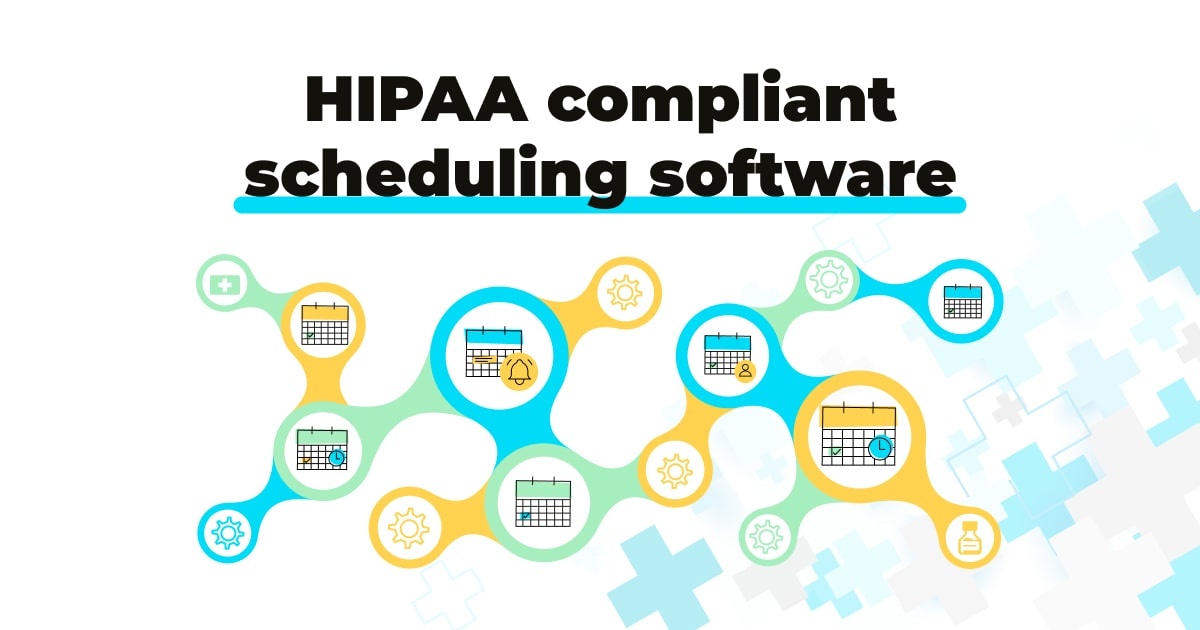Therapy progress notes are one of the essential parts of any mental, behavioral, and other kinds of healthcare practice as they help providers document patient sessions. They contain important information about a patient’s health (typically mental health) and treatment progress which a healthcare professional derives from documenting or analyzing their interactions with the patient.
Examples of therapy progress notes may include:
- progress notes
- therapy notes
- intake notes
- treatment plans
- psychological evaluation
- discharge notes
All this data put together helps practitioners create a better picture of what their patient needs.
This is where therapy progress notes software comes in handy.
What is therapy progress notes software and what roles does it have in therapeutic service?
Therapy progress notes software is a platform that allows mental, behavioral, and other healthcare practitioners to organize, manage, and keep track of all the therapy progress notes they create during their practice. This way, they can devote their time and attention to where it’s truly needed – taking care of their patients’ mental well-being.
Such software solutions aren’t anything new on the market and are a pretty common thing in the medical and other similar/related fields, becoming especially important during the pandemic. However, not all products are equally good (or at all, for that matter), which is why we analyzed the industry to bring you the best therapy progress notes software solutions your practice can use.
What functionalities should a good therapy progress notes software provide?
Before we get to these superior products, we first need to establish what it is that they all need to offer in terms of functionalities and features. Having all or most of these features qualifies a platform as a good therapy progress notes software. The necessary features include:
- Note management: Practitioners need to be able to create, view, and retrieve notes easily so they could review sessions and make informed decisions about the continuation of their patients’ course of treatment.
- Templates: A good therapy progress notes software solution needs to provide note templates for different kinds of specializations, including psychotherapy, behavioral health, and psychiatry. Typically, these templates include click-boxes and drop-down menus. A solution deserves extra points if it allows you to customize your template with additional fields.
- Coding tools: There are several types of clinical documentation codes, including DSM, CPT, and ICD codes. The best therapy progress notes solutions allow you to store this information for future retrieval in the note templates.
- Outcome tracking: If they can turn therapy progress notes into reports, practitioners will also be able to more easily measure health outcomes across patient groups, helping them do their job faster and more efficiently.
- Staff management: The best therapy progress notes software platforms also support assigning roles within the system, such as clinicians, supervisors, billers, office administrators, etc. giving each different levels of access to different data. This feature is especially useful in larger practices.
What is the typical price range/pricing model for therapy progress notes software?
Different therapy progress notes solutions can base their pricing models according to specific indicators (either separate or combined), including:
- type of healthcare providers
- included functionalities and capabilities
- number of users within the practice
- whether the software is an integrated suite or best-of-breed system
- integrability of the software with other solutions
- Which is the best therapy progress notes solution?
vcita
Features: vcita is a full-featured suite of cloud solutions for small and medium businesses, including healthcare (including mental health) practitioners. To users in medical fields, it offers a wide set of features that include:
- therapy progress notes
- EHR support
- online forms
- HIPPA compliant scheduling
- secure payment processing
- direct messaging
- file-sharing
- clinic management app
- accessibility on any device
- custom branding options
- action button selection
- marketing options
- support for individual appointments and group sessions
- billing and invoicing
- notifications
- reminders
- telehealth
- integration with Google Analytics and QuickBooks
- mobile device support
- smart calendar
- reports
Price: vcita prices its platform according to offered functionalities and capabilities, allowing it to adjust to different practice sizes and needs. For instance, if you only have a one-person team and require only basic functionality, you can start at just $29/month. VCITA offers a 14-day trial so you can test its platform to the fullest.
Customer support: Need help? You can try the searchable help center on the website, where you’ll find information about a wide array of issues, ranging from billing to features. If you can’t find an answer there, then the customer support team is the way to go.
User reviews: Customers are generally happy with vcita, its features, customer support, usability, ease of use, customization, and swiftness. Some have reported confusion over the platform’s more complex features, as well as not receiving assistance quickly enough when needed – possibly due to miscommunication in the hectic pandemic times.
Best for: vcita is a versatile platform, suitable for a wide range of small businesses and specializations. The platform as a whole can be deployed by the entire healthcare industry and its therapy progress notes options are most useful to:
- psychologists
- behavioral health practitioners
- psychiatrists
- general medicine practitioners
- life coaches
- other healthcare professionals





